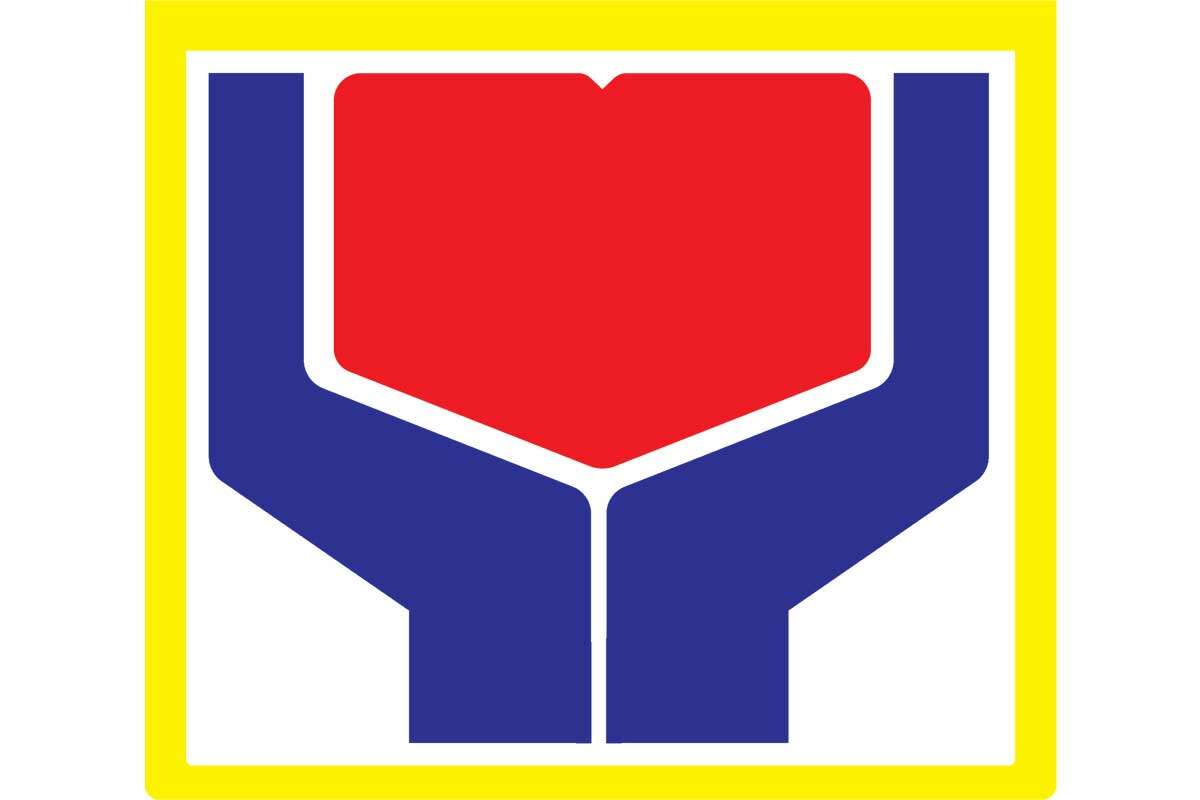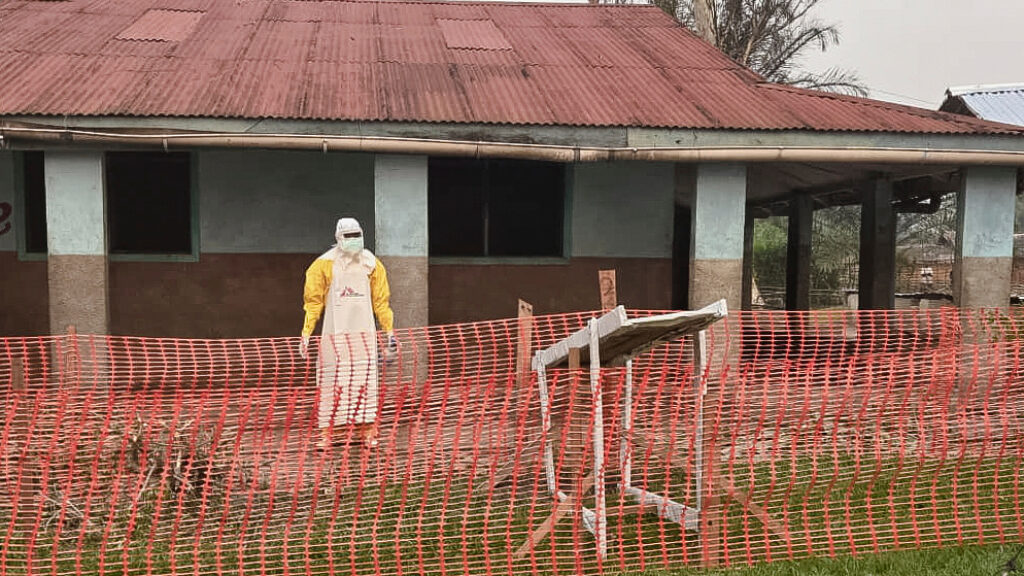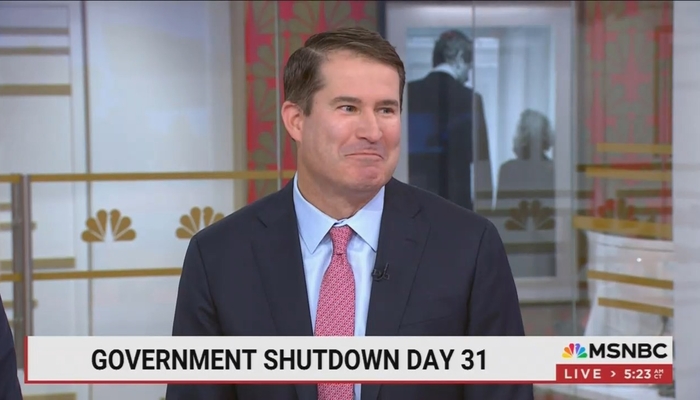Copyright journal

The Department of Social Welfare and Development (DSWD) continues to strengthen its collaboration with local government units (LGUs) in advancing peace and development as the DSWD concluded the final round of focus group discussions (FGDs) in conflict-vulnerable areas in Kalinga province. Taking off from previous FGDs, the October 22 to 24 discussions in Barangays Dilag, San Juan, and Magnao in Tabuk City, Kalinga province aimed to reinforce the strategic goal of building community resilience in areas affected by or vulnerable to conflict. The discussions were spearheaded by the DSWD’s Peace and Development Buong Bansa Mapayapa–National Program Management Office (PDBBM-NPMO) under the Peace and Development Group (PDG) headed by Undersecretary Alan Tanjusay. “Wherever we hold our discussions, we want to hear from as many voices as possible, because only then can we truly understand the realities people face on the ground — and that understanding is what guides us in shaping better peacebuilding efforts across the country,” Undersecretary Tanjusay said on Friday (October 31). The composition of the FGDs, which reflect the program’s inclusive and participatory approach, included barangay officials, elders, youth representatives, women’s groups, people’s organizations, and PAMANA-organized associations. The PAMANA (PAyapa at MAsaganang PamayaNAn) is implemented in areas affected by conflict and communities covered by existing peace agreements. As one of the implementing agencies of PAMANA, the DSWD is keen on addressing the economic disparities that often fuel unrest and insurgency through social protection, livelihood services, and infrastructure projects. During the sessions, residents identified their respective communities’ pressing needs that include the expansion of livelihood opportunities, addressing low farm gate prices of palay, deployment of additional barangay health workers, improvement of infrastructure and communication networks. The discussions also opened headways on multiplying local emergency vehicles, and provision of continuous and accessible education services, especially for individuals affected by tribal conflicts. “The FGD with residents from Barangay Magnao marked the wrap-up of the dialogue series, but it does not mark the end of our compassion or our resolve to do better. We will build on these voices to sustain the Department’s continuing efforts to promote peace, resilience, and inclusive development in conflict-affected communities,” Undersecretary Tanjusay pointed out. One of the highlights of the Kalinga activities was a courtesy visit to Governor James Edduba, who expressed support for the Department’s continuing peace and development initiatives in his province. “Masaya kapag nakikita mo na may lumalago at may nagbabago sa sitwasyon ng mga mamamayan,” Gov. Edduba said as he cited the value of DSWD’s peace projects in their province. According to the PDBBM-NPMO team, the insights gathered from the FGDs and meetings with local chief executives will help them in formulating responsive interventions and in referring identified needs to concerned government agencies for appropriate action. “We came to listen to your experiences and understand how you have risen from the challenges brought by conflict,” DSWD PDBBM-NPMO representative Norilyn Rivera, who facilitated one of the discussions, said. The DSWD’s Field Office – Cordillera Administrative Region (CAR) led by Asst. Regional Director for Operations (ARDO) Amelyn Cabrera conducted the exit conference where the key results and findings from the FGDs were presented and discussed. As the initiative rolls forward, the DSWD commits to continue strengthening inter-agency coordination and referral mechanisms to address community needs through a cohesive, whole-of-government approach. (LSJ)



